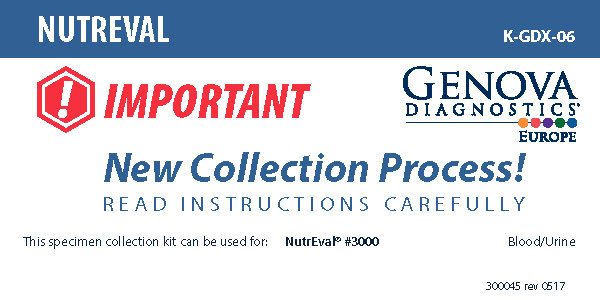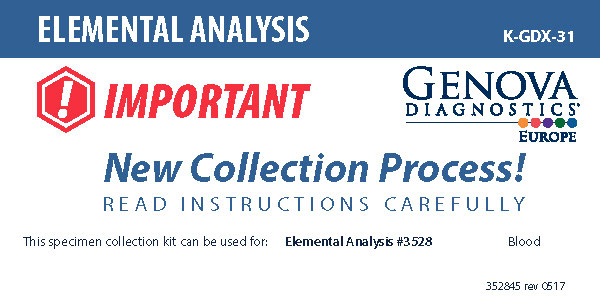Update to Zonulin Testing
A recent research paper published in Frontiers in Endocrinology1 suggested that the zonulin kits from Immundiagnostik (IDK) did not detect zonulin (a precursor of Haptoglobin 2). This issue was further confirmed by the kit manufacturer, Immundiagnostik, in a statement released to clinical laboratories. To the best of Genova's knowledge, the recent Scheffler paper1 has impacted the zonulin assay for many laboratories, including Genova's serum and stool zonulin tests. Because some researchers are conducting studies and have received data from the current zonulin kits, Genova has decided to provide the test for research use only with the manufacturer's suggested name: zonulin family peptide. Here is what we know about the zonulin family peptide that IDK kits detect in serum and stool.
The Scheffler paper suggests that the kits may detect properdin, a protein involved in the alternative complement pathway and inflammation1, 2. Preliminary study results from an external investigator suggest that properdin may be structurally and functionally similar to zonulin.
Genova's unpublished data analysis (of 13,613 tests) demonstrated that the test results of the current stool zonulin kit (now called zonulin family peptide) were strongly and positively associated with stool EPX and sIgA (but not calprotectin). Levels of zonulin family peptide detected by this kit were also associated with a commensal bacterial profile related to intestinal inflammation. In addition, they were also positively associated with stool biomarkers such as fecal PE-1 and cholesterol. Some biomarkers, such as stool fat and short-chain fatty acids, showed "bell-shaped" distributions. High or low levels of the zonulin family peptide were associated with low levels of stool fat and short-chain fatty acids.
Because of the lack of information on the mechanism of action and clinical utility of zonulin family peptide, Genova will not provide support on interpreting the test results. Genova will continue monitoring this issue and provide clients with new information as it becomes available.
- Scheffler L, et al. Widely Used Commercial ELISA Does Not Detect Precursor of Haptoglobin2, but Recognizes Properdin as a Potential Second Member of the Zonulin Family. Front Endocrinol. 2018;9:22.
- Chen JY, et al. Properdin: A multifaceted molecule involved in inflammation and diseases. Mol Immunol. 2018.


 The
The  The
The